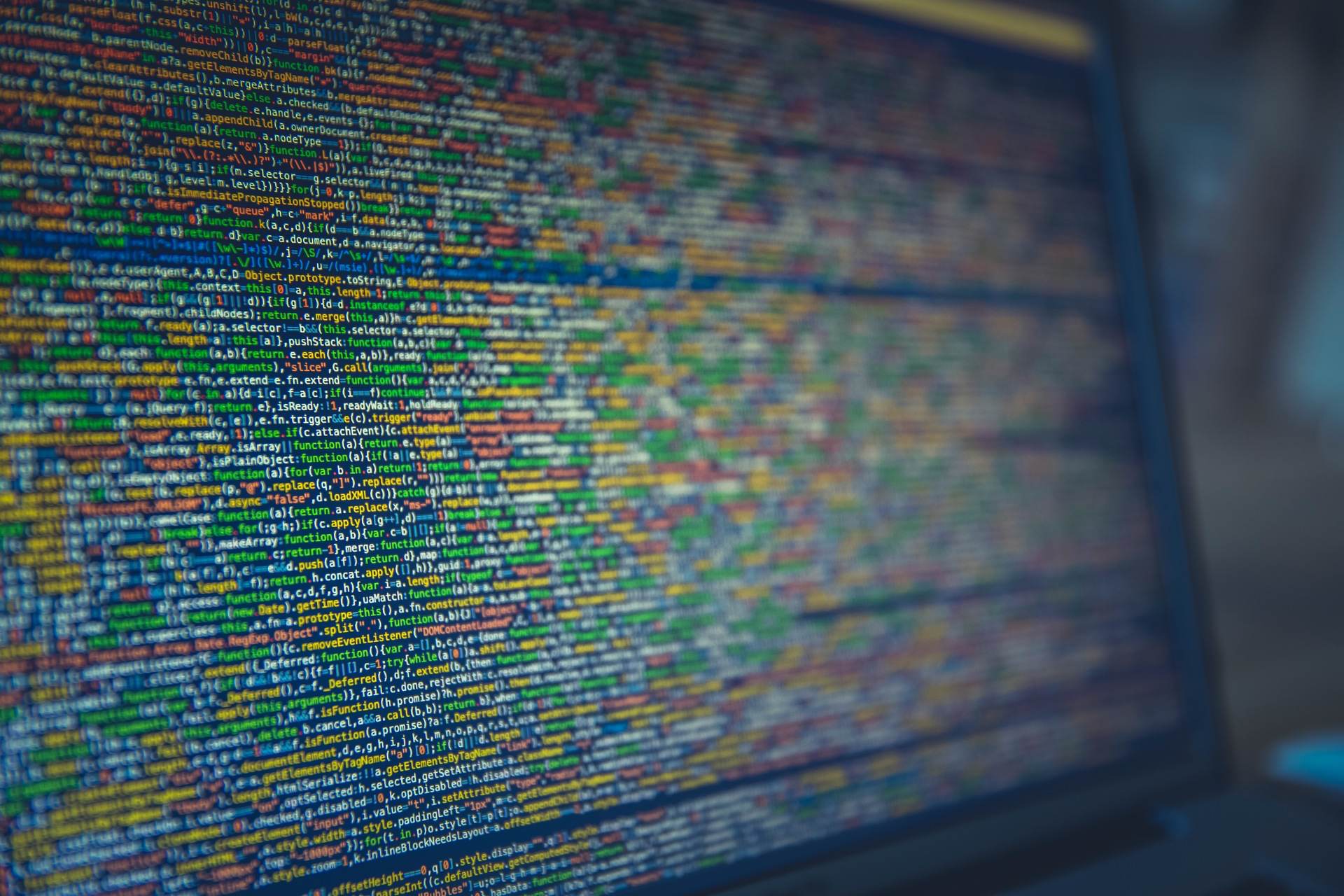Guest author: Mary D. is a Philosophy & Literature graduate currently working as a freelance writer while traveling through Europe. Exceptionally passionate about Technology since an early age (“raised by the Internet”, some would say), today she writes about the important contemporary technological innovations ranging anywhere between Artificial Intelligence and Cloud Computing.
Artificial Intelligence, known as AI, is gradually changing the way we live our lives. Whether it’s how our phones operate, how cars drive themselves, or how industry predictions are made, AI is everywhere.
But how far will it go? What will happen to our industries and the way we live our lives as AI becomes increasingly advanced, as well as more commonplace?
At the moment, companies like Expertsystem are offering artificial intelligence software used to imitate human expert decision-making — solving difficult problems through knowledge and reason rather than simple code. This form of Artificial Intelligence is becoming more advanced each day, and is predicted to give businesses that adopt it a huge competitive advantage over those that do not.
AI In Healthcare
The Healthcare industry is normally among the first few industries to adopt commercial use of new innovations and have the privilege of enjoying their benefits. When it comes to Artificial Intelligence in 2016, this industry is already gaining.
Hearing aids are being created which fit a patient’s ear perfectly. Prosthetic limbs are being printed which perfectly match the owner. In healthcare, this technology is advancing at a rapid pace and is predicted to soon be able to 3D print tissues and organs on demand (and to the patient’s specifications). This would mean a lower risk of rejection and infection.
AI is being developed that can issue stitches to very delicate tissue with perfect precision, which will make surgeries significantly safer. AI is also being developed such that by 2020, prevalent conditions such as cancer will be diagnosed quickly through 3D imaging. AI in hospitals is likely to lead to cheaper and more accessible care in the future.
Agriculture and Gene Editing
The food industry has benefited from forms of AI such as gene editing, which has allowed essential and preferential traits to be selected for in crops and animals. Examples include nutrition content, disease resistance and muscle percentage. These technologies will only get faster and more efficient over time.
How Google Is Using It
In technology, Google is using its almost unlimited resources to develop AI that is able to recognise what you are likely to be searching for specifically. Google’s AI can (already today) learn your preferences and behaviours, and rather than ordering results by popularity and relevance to the exact term, it orders them according to the likelihood of the link displaying the information that you personally are most likely searching for.
Product recommendations based on your preferences and virtual assistants such as Siri and Cortana are forms of AI already sort of the norm in today’s Western societies.
Intelligent Transportation Systems (ITS)
AI has begun to influence the transportation industry, forming what is called Intelligent Transportion Systems (ITS). The purpose of ITS is to enable transport systems to improve decision-making. It’s currently used in travel time estimations and control at intersections. Future projections for ITS are in incident management, demand management to reduce congestion and short-term traffic prediction.
AI In Our Homes
AI at home is another exciting area that will change and grow over time. Currently, voice activated technologies are available thanks to AI. Over time, it is thought that AI will be able to be implemented in houses and enable a home to ‘learn’, both about its occupant’s preferences and how to work more efficiently for the owners.
There are plenty of ways AI is being used today, and the current projections seem to imply only growth in importance and in its use in our everyday lives. As the world changes we can change with it.

